Your cart is currently empty!
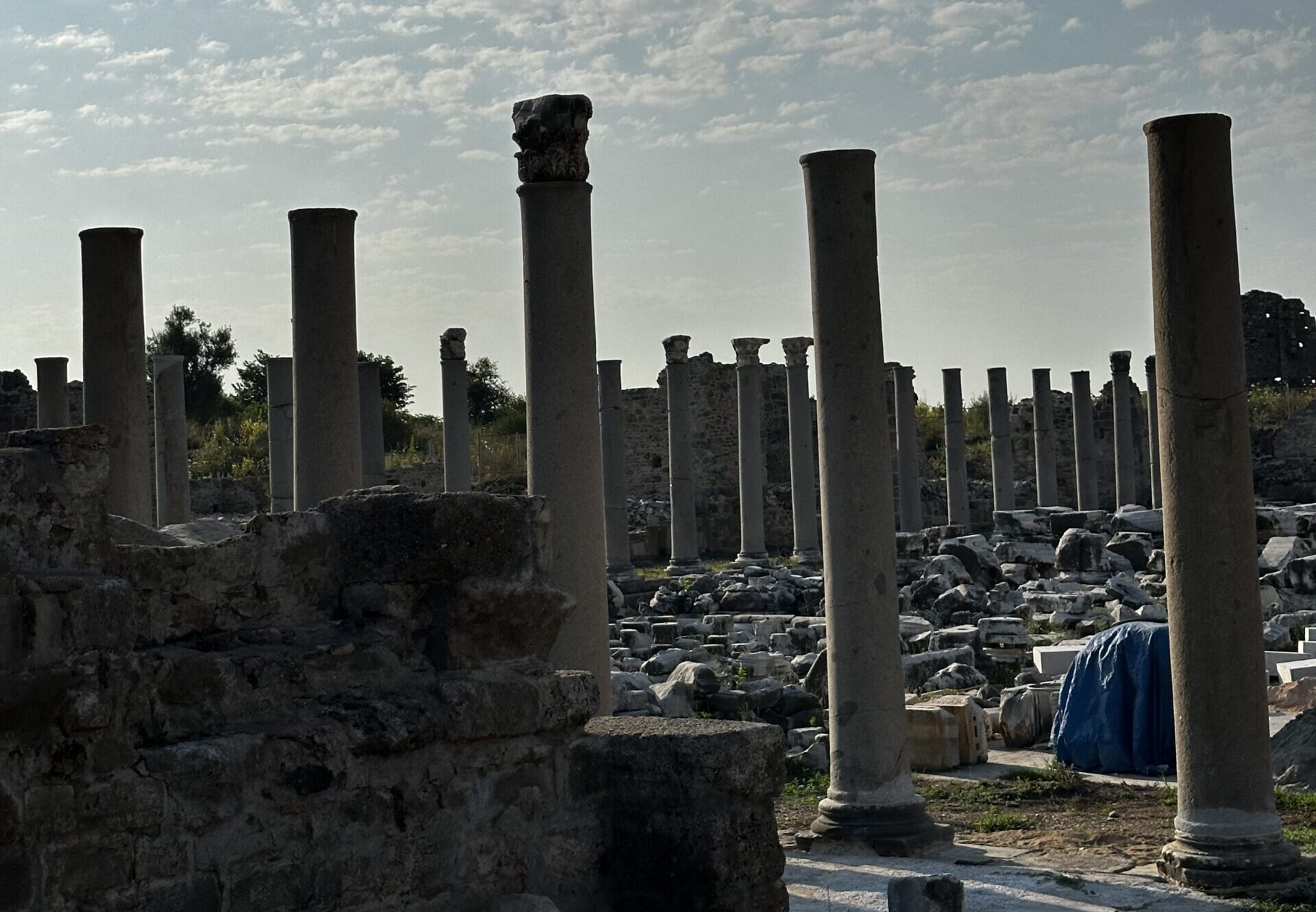
Project Management x Tourism
#projectmanagement #tourism #travel #motivation #adventure
Work. Travel. Save. Repeat.
Unknown Tweet
What do you get when a travel blogger comes back from vacation? Why, fresh new ideas, of course! Remember that last time I mentioned an upcoming project of setting my readers for success in travels, through better organization? Well, Chapter one just dropped by.
We know that every trip is unique in its own right, as it brings us different experiences and different types of joy. What we all tend to forget is that, despite this fact, each trip is a project of its own, and can absolutely be assessed as such. Sure, when visiting Paris, you cannot use the “spend three hours visiting Burj Khalifa” point, from your trip to Dubai. Sometimes, you will not even be able to utilize the same timetable. However, the approach of preparing each journey for success can easily become generic, even almost at a copy-past level, until you get a hold of it.
Let’s just keep one thing clear – for most professionals, especially in the IT industry, Project Management encompasses working in biweekly sprints, certain software development, new features or improvement of existing ones, and any related tasks. This absolutely does fall under PM, and is something that countless companies, especially start-ups have in the core of their business. However, since any one-time endeavor can be treated as a project, thus running anything that is a single effort can be treated as Project Management. And within this series, we will not be delving into specificities of biweekly IT sprints.
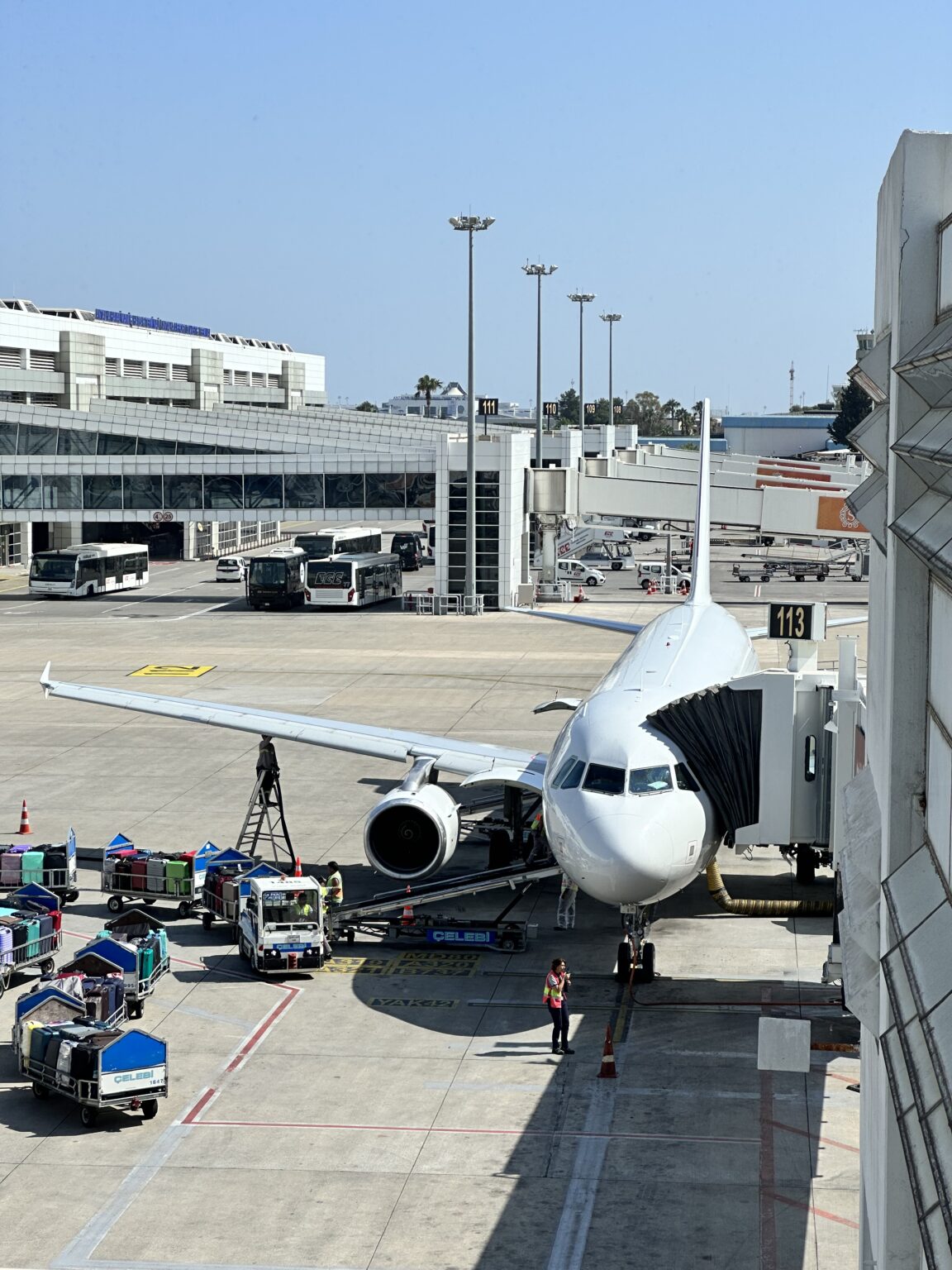
Generally speaking, Project Management (or PM for short) will include any sorts of planning of these one-time efforts, including (but not limited to) timelines, budgeting, listing out the people involved (team rosters), requirements, constraints, etc. If we talk about voyages, the must-haves will most certainly include:
- A timeline of organizing the effort,
- A budget,
- A roster,
- A set of key performance indexes (KPI’s for short), and
- A travel schedule (as a necessity).
To make it easier, all of these can be prepared through templates – which will be provided in following posts, for any Courageous Wanderer’s faithful reader to utilize.
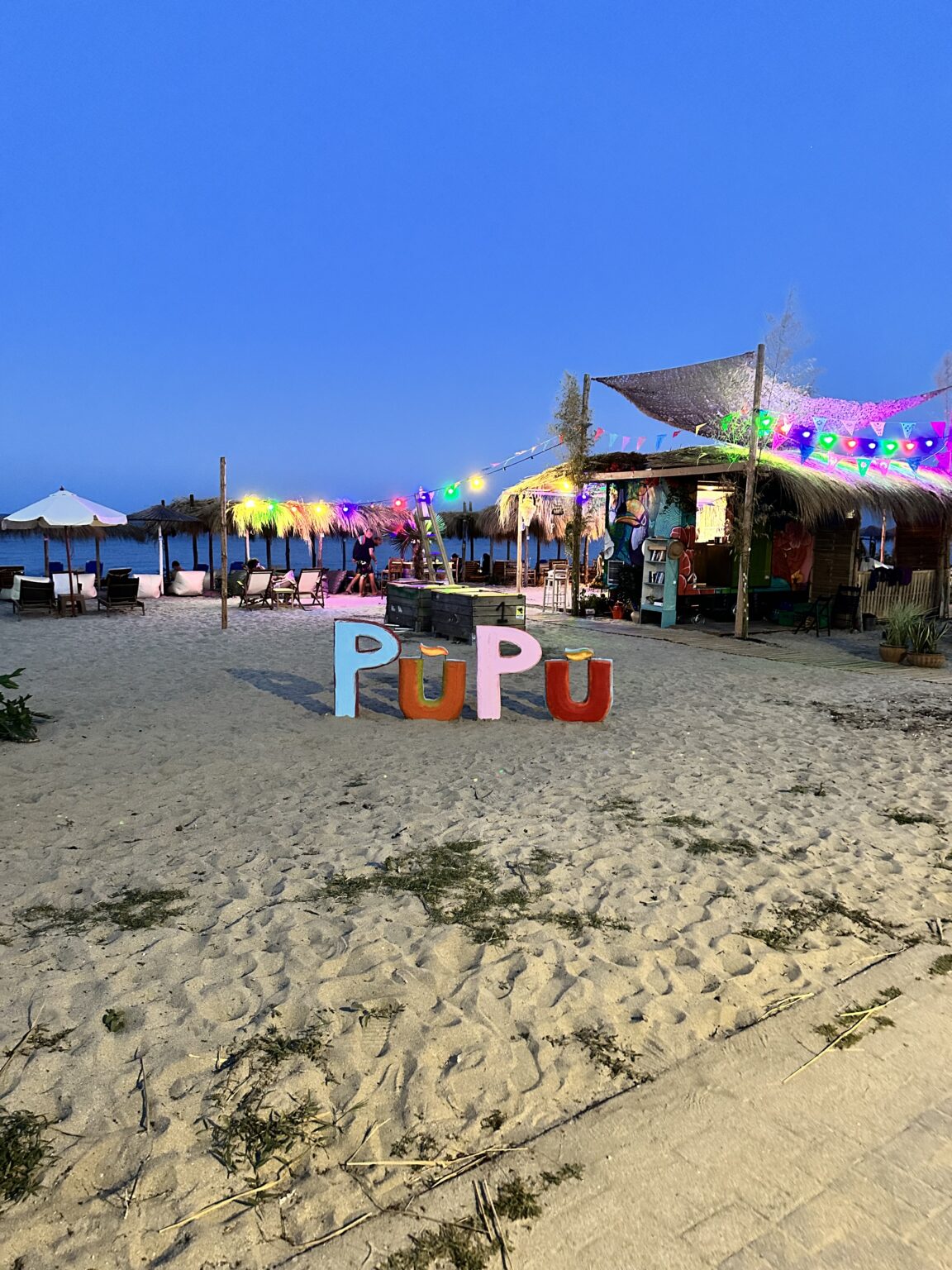
A timeline should outline the journey as a project. It needs to include a preparation phase, a realization phase, and a conclusion. We must remember that sometimes we will be buying tickets for different sights or exhibitions in advance, while on other occasions, we will be doing so on the go. While preparing for a voyage, we will be outlining certain areas or landmarks we would like to see. While traveling, we will decide to view some more, out of the plan.
When we talk about the timeline, we don’t only consider “cost centers” or places where we will be spending the money. We talk about all the activities needed to organize the travel. This will help us not only with preparing our budget, but also with creating a schedule. And with some other activities, mostly unplanned ones. The activities we would want to include in the preparation of a trip can be actions such as calling a taxi to the airport, buying train tickets online / in person, calling a local travel agent to book a special tour, or anything that will affect what our journey looks like.
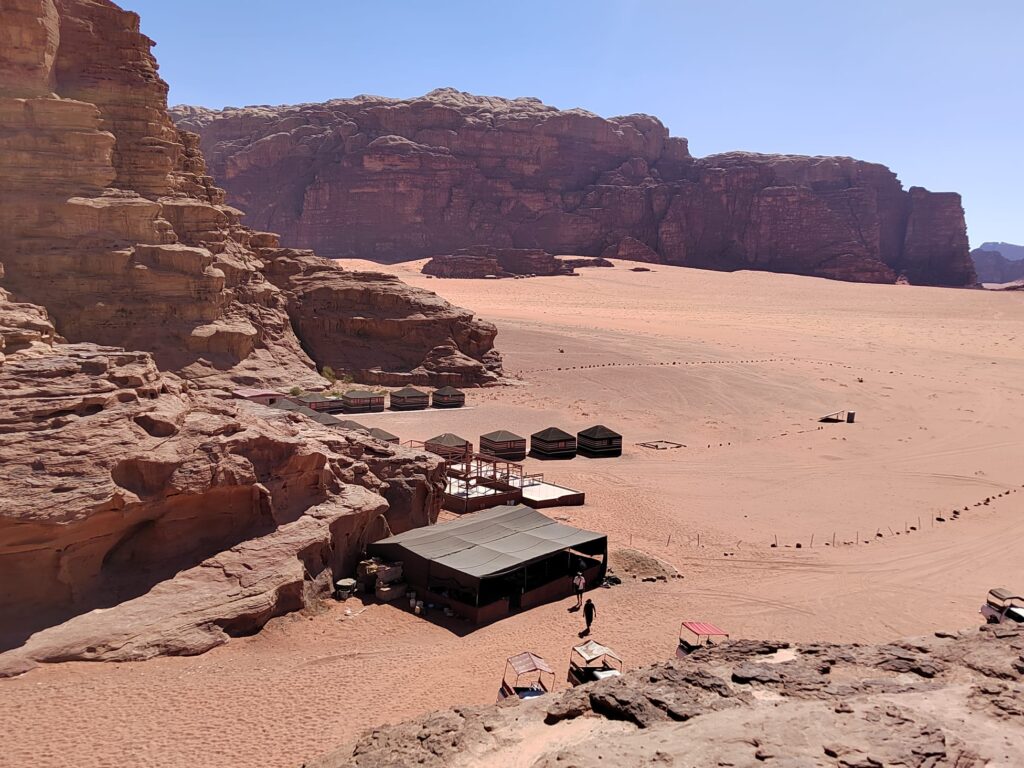
Budgets are imperative. How many times have you gone traveling, to realize you’ve spent way more money than expected? This used to happen to me a lot when I was younger, especially around the time of college. Younger people don’t think about all the circumstances, and it easily happens that they go out for a party night, and uncontrollably spend half of their summer vacay allowance. This (fortunately!) has not happened to me in quite a while. Sure, there are always unexpected costs, but budgeting helps keep them in order.
When budgeting, it’s important to cover all the aspects of your trip. For example, when someone asks me how much money I spent on my journey to Jordan, I openly say between 600 and 650 EUR / 650 – 700 USD. Any follow-up questions, such as “Does it include taxi / all hotels / entrance to Petra / dinner in Amman / souvenirs / gifts / etc.?” the answer is always “yes”. Say that someone goes on a summer vacation, bringing along food to cook in the apartment. Most people do not see this as a travel-related cost, although it factually is. A budget is required for the preparation, the duration of the holiday, as well as return. Don’t forget this when planning.

Rosters are only needed for larger groups of people, especially when more than one person have duties in the preparation and realization of the project – the trip. Unless you are organizing a group of people, whereas multiple parties have to be involved in whichever way, most of the time you’ll be able to avoid using one. Still, make sure to write down whom you need to contact in certain situations – and this can easily be included in the timeline or schedule.

Key Performance Indexes (or KPI’s) is a term picked up from business lingo. Still, it is a model required in preparing for any voyage. In reality, you would want to know in which case you were able to achieve your goals and the purpose of your trip. Often times, I hear about people visiting certain “dream destinations”, while forgetting to see the one big thing they came for. The worst thing one can say about a destination is bad things, based off of the fact they missed to see the one sight they were in for. Or even worse – because they got disappointed by the one thing.
KPI’s, especially for personal journeys, should not be measured in amount of money spent, efficiency in sightseeing, or any other generic robotic terminology. Your personal KPI’s should state exactly what you want to feel after your trip is over. For example, a good personal KPI would be “see the Eiffel Tower from its basis”, rather than “spend up to 15 minutes walking from the park entrance to the Eiffel Tower”. Another great example is “enjoy the local food”, rather than “spend 20 minutes eating on the go, for food paid less than $20”, or even simply “make a break to eat”.
Use these wisely to your advantage – make sure to understand how you want to feel after a certain event, or what you want to realize. This is going to be great guidance. In the end, if you realize your goals or KPI’s were slightly off, you can leverage this knowledge in preparing for your next trip. Alternatively, you can decide there is no need to go this deep into travel planning. But in that case, just remember not to talk bad about destinations, based on misinterpretations.
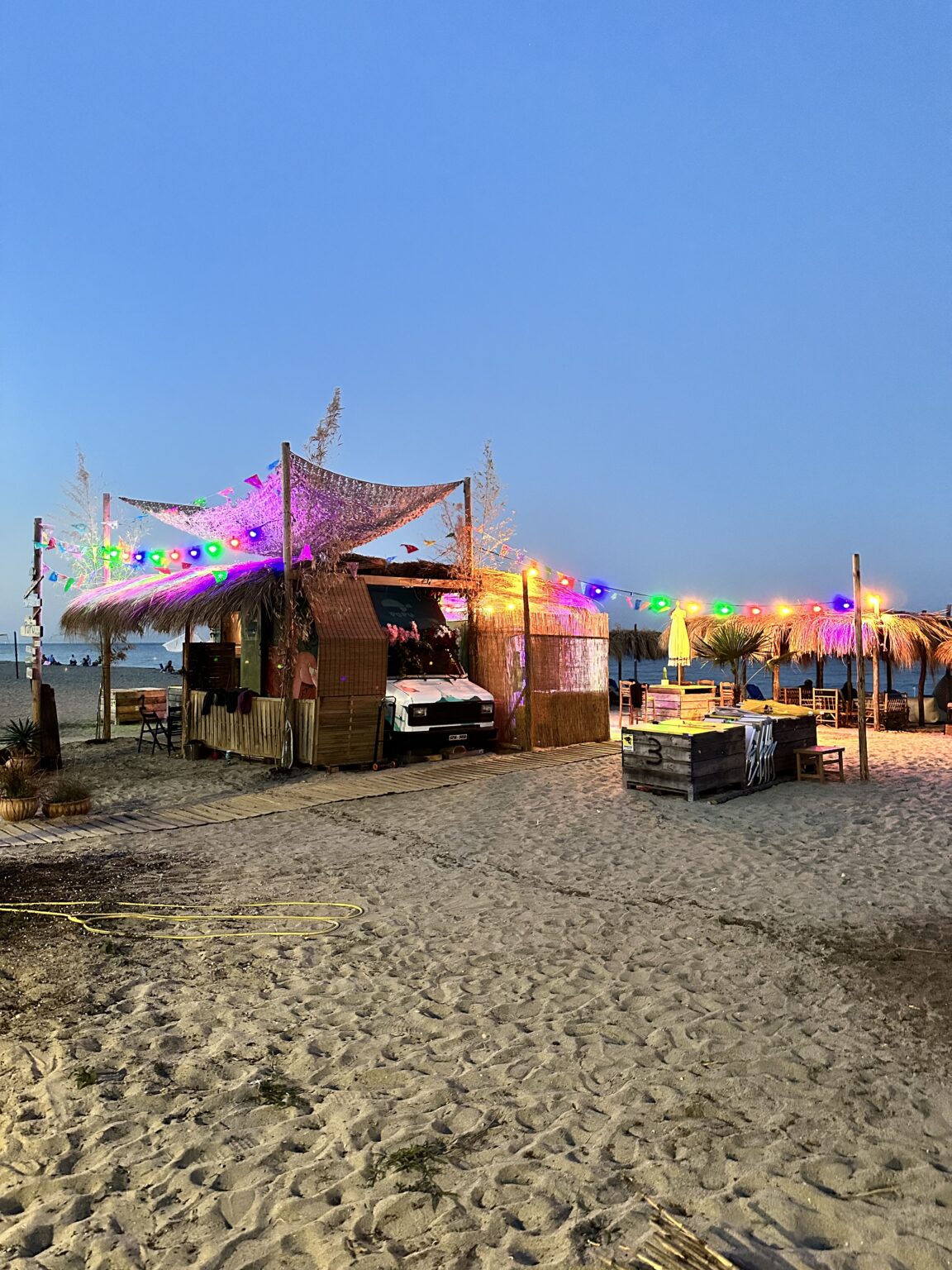
Unless you paid the money to an agency to prepare your trip 100%, you will need a schedule. I have absolutely nothing against traveling with agencies – in fact, there is a huge plus, as they have already run similar tours in the past, and thus have a route to take, in advance. The main disadvantage is that they are not tailor-made, and will not accommodate everyone’s needs.
Here’s a great example: I’m planning my birthday trip, and I was looking into Dubai tours. One particular caught my eye, as it was covering sightseeing in Abu Dhabi as well, just as certain landmarks in Dubai that I’d want to see. There was one main problem – the Miracle Garden was not included, and the trip schedule would not allow enough time to visit it. That was a point of no return for me.
Creating schedules is more complicated than paying and being taken on a tour. On the upside, it develops our planning skills, helps us distribute our focus and attention to things that matter (rather than what the guide says), allows us to create tailor-made trips for ourselves, and in the end blesses us with great pleasure of doing exactly what we want to do.

Despite the highly unattractive headline, the article will most certainly have tickled your imagination. When was the last time you planned a trip of your own? Was it somewhere far away? How many days were you staying, and how much time did you spend planning? Has everything gone right? Were you able to achieve all you intended to? Is there something more you would want to learn about trip planning? Stay tuned, for a series of articles on Tourism Project Management is to be built up through the rest of 2023. In the meantime, I invite you to share your experience in solo travel.
As for travel agencies and agents, I invite you to reach out, as I will joyously share my knowledge and expertise. In fact, Courageous Wanderer’s finished projects can easily be incorporated into tours of your own. Feel free to email me for cooperation, and I will set your tours for success.

Leave a Reply